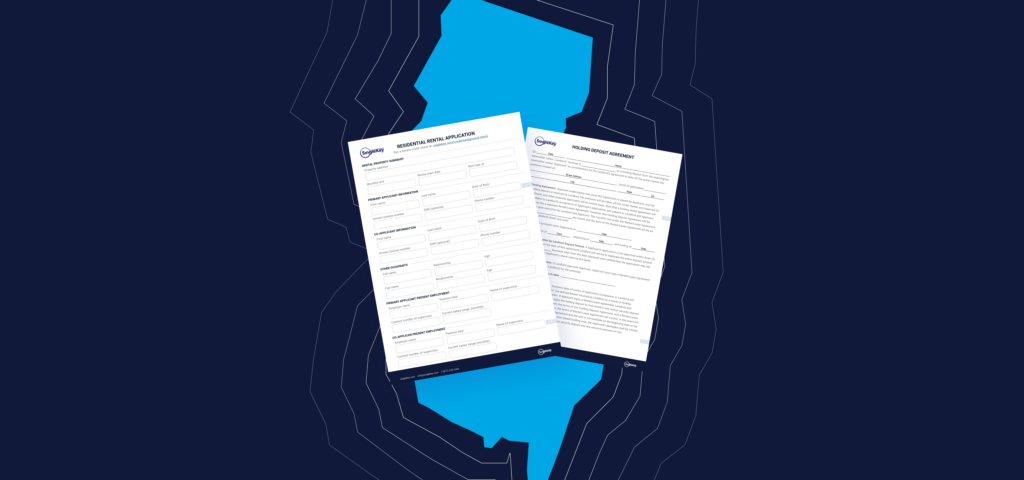
Back-to-School Special: $20 Off the International Credit Check ! Now you can screen international applicants and fill your student rentals—fast. Click here to to order now.
Published on Nov 17, 2023 | Updated on Feb 14, 2024


Get through your rental applications faster
Never miss a rent payment
Stress-free guaranteed renting
Landlords must follow protocols and state-regulated procedures when managing one or multiple rental properties. Below, you’ll learn about the essential documents you’ll need to help navigate the rental process, from screening potential tenants, collecting a security deposit, drafting lease terms, and doing the final inspection.
When we think of property management, a prominent establishment managing multiple apartment buildings may come to mind. In truth, many landlords own a few investment properties and take on all aspects of managing a property. Whether you’re a property owner who rents one of your homes or multiple homes, you’ve likely learned that the work associated with renting to tenants can spill over into your personal life.
Your tenant may call you on the weekend while you’re with your family or during dinner time. If you rely on the rental payments to cover your mortgage on your rental property, late payments may infringe on your personal finances. The mounting nonpayment of rent can be a significant financial strain.
There’s also a common misconception that if you own the home, you can determine all of the rules. While this is true, there are still many local and federal laws all landlords must follow.
For instance, New Jersey has a Truth in Renting Act where the property manager must abide by landlord-tenant laws and notify the prospective tenant about flood risks, lead-based paint, or previous infestations related to the residential property or rental unit.
There are also protocols you must follow when visiting the rental property and during an eviction process. In this guide, we will review all of the essential documents you’ll need as a small-time landlord to manage your property efficiently.
The first order of business is finding a reliable tenant through tenant screening. Typically, this involves advertising the rental, meeting with multiple rental applicants, and handing out residential rental applications.
The application will ask for a prospective renter’s personal information, including: